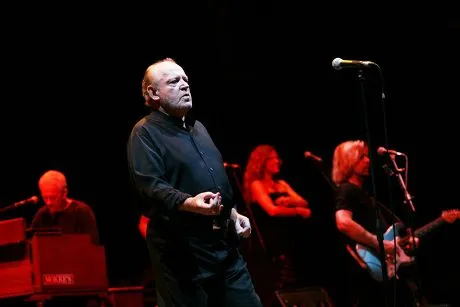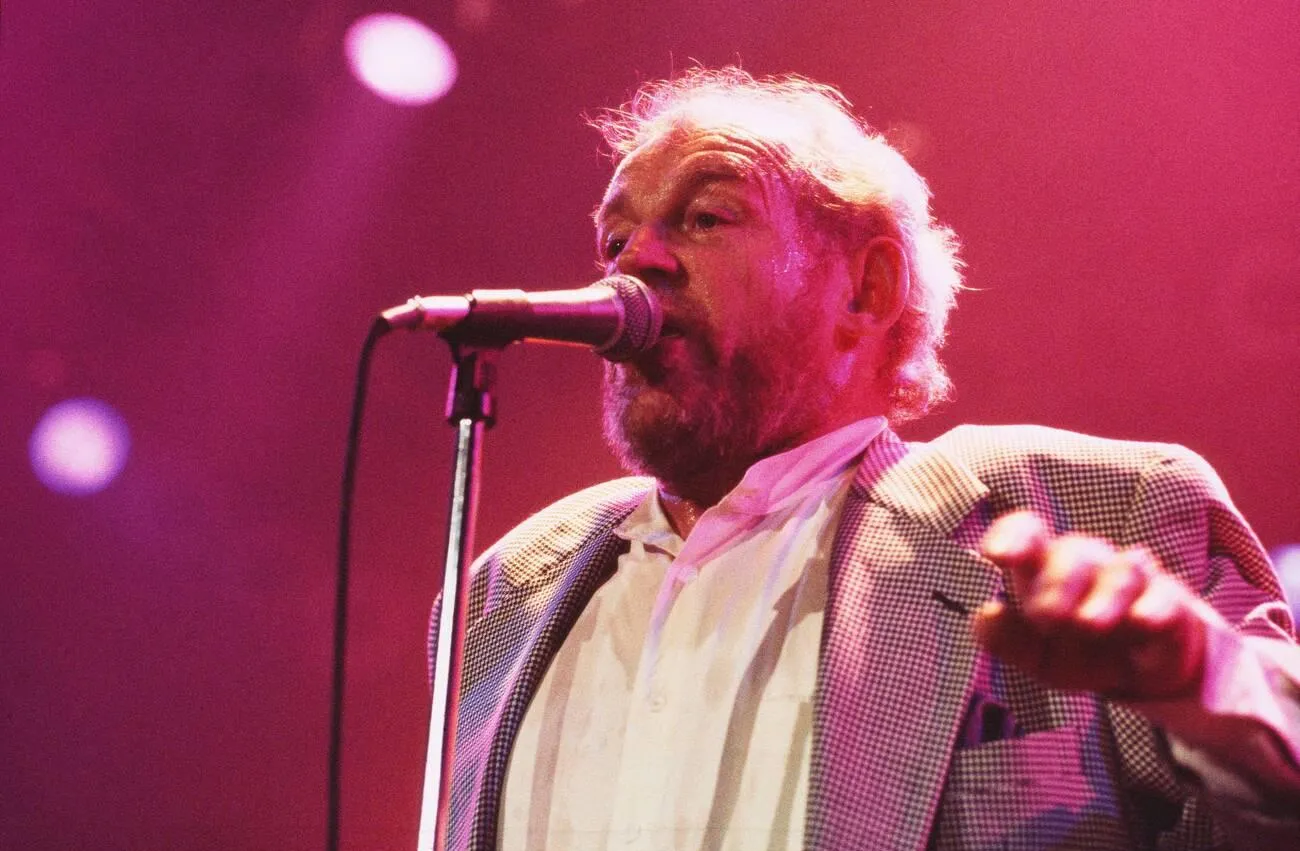Includes: Train Kept a Rollin', I Can't Quit You Baby, Dazed and Confused, White Summer ~ Black Mountain side, You Shook Me, How Many More Times, Communication Breakdown.

Led Zeppelin play two shows (7:30pm & 10:00pm) with Joe Cocker support act, who travelled directly to the Woodstock festival after the gig. Peter Grant turned down the offer for Zep to perform at the 3-day event.
Press Review: The Blue Britons
ASBURY PARK - A good example - perhaps the best in one case - of a thing called British Blues was heard at Convention Hall Saturday night when Led Zeppelin and Joe Cocker shared a double bill.


The main attraction, Led Zeppelin, is a four-man unit headed by guitarist Jimmy Page. It features Robert Plant on lead vocals and harmonica and produces a kind of contemporary blues (Page's term)-hard rock blend of things written mainly by Page, John Paul Jones (the group's bassist, pianist, organist, and arranger) and John Bonham, its drummer.

Joe Cocker, on the other hand is mainly an interpreter of songs. He is about the best voice interpreting the blues today, and is rapidly gaining an audience of ardent followers in the US as well as England. His group – which looks as if it is still the Grease Band, a Sheffield group he’s been with for several years, is one of the most together groups playing today- The Who notwithstanding.

The two groups exemplify clearly the current blues trend – Zeppelin with its hard rock originality laced with blues and dominated by Page’s virtuosity on guitar, and the Cocker band, dominated by Cocker’s genuine feeling for the blues. Of the two, Cocker is best at his approach than anyone else who does what he does, except maybe Joplin who is his equal. Led Zeppelin, an interesting, hard-working quartet isn’t bad, but has a lot of groups ahead of it who are in the same bag.

Page, a slender 23-year-old who has worked a lot with Clapton, hunches over his guitar, all but disappearing into it behind a head of long, curly brown hair. He draws from the instrument’s wires and amplification system a carefully chosen network of sounds which touch upon the blues, flamenco, classical, hard and acid rock. He’s fast and intensely interested. He does fantastic things to that guitar, not the least interesting of which is bowing it. THAT is something to see. And hear. Really wild!

While the Page guitar consistently leads Led Zeppelin, despite the fact that its vocalist, Plant, provides a kind of thinly wailing blues coupled with melodramatic poses, gyrations, and flailing about, it is Joe Cocker who dominates his group, not Stainton’s powerful keyboard.

Joe Cocker is something to see. Lining him up with Zeppelin was an interesting idea and, while it probably wasn't planned, what the proximity does is present a picture of pseudo-blues and blues-where-it's really-at. Plant's vocals could not seem anything but "staged" when seen against Cocker's. And, ·while both men have diverting physical movements (Cocker’s being perhaps the most diverting, even grotesque at first), it is Cocker who is a blues man from the inside out and Plant who merely sings about the blues.

Among Zeppelin’s numbers were a rousing Dazed & Confused, which seemed to please the audience immensely and featured Plant on vocals and choreography and Page’s guitar; You Shook Me and a solo by Page which according to Plant, the group “still likes to call White Summer” and which demonstrated clearly Page’s technical mastery of the electric guitar and showed just as clearly his search for a style.

The audience at the last show, while happily attentive and receptive to Joe Cocker, seemed to be more followers of Led Zeppelin. That could mean they prefer the British foursome’s style more. It could mean they prefer the music more. Or, it could just mean they haven’t had a chance to digest Cocker yet. Let’s hope so. [J.Pikula, AsburyPress | August 18, 1969]


